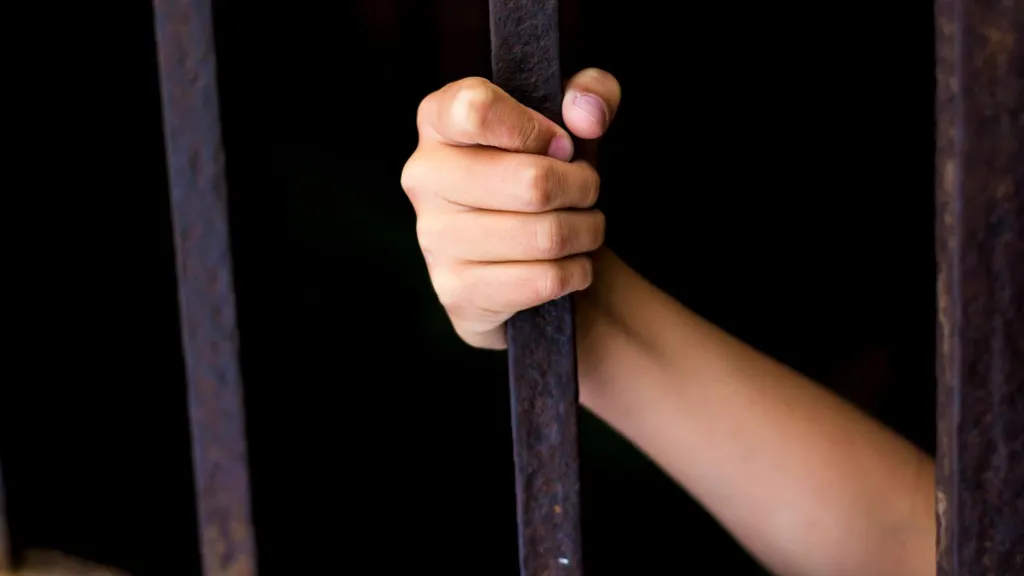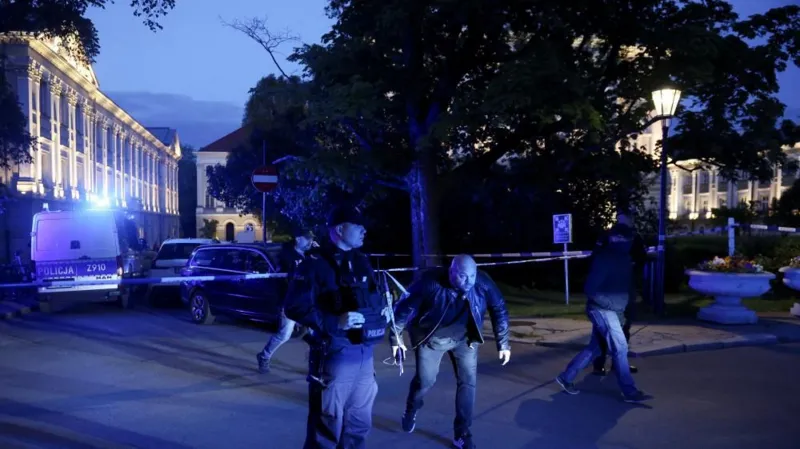Australian territory resumes jailing 10-year-olds

Children as young as 10 will soon be able to be jailed once again in Australia's Northern Territory (NT), after the government there lowered the age of criminal responsibility.
Australian states and territories have been under pressure to raise the age of criminal responsibility from 10 to 14, in line with other developed countries and UN advice.
Last year the NT became the first jurisdiction to lift it to 12, but the new Country Liberal Party government elected in August has said a reversal is necessary to reduce youth crime rates.
It has argued that returning the age to 10 will ultimately protect children - despite doctors, human rights organisations and Indigenous groups disputing that logic.
They say the research indicates the laws will not reduce crime and will disproportionately affect Aboriginal and Torres Strait Islander children.
The NT already jails children at a rate 11 times higher than any other jurisdiction in the country, and almost all of them are Aboriginal.
The territory’s new government says it has a mandate after an overwhelming election victory following a campaign that promised being tough on crime.
It argues being able to criminalise children younger will help divert them away from future crime.
Chief Minister Lia Finocchiaro said her government had been given a mandate by voters to act and that the change would allow courts to "intervene" in the lives of young offenders and put them through programmes designed to address the root causes of their crimes.
"We took to the election a very clear plan around lowering the age of criminal responsibility so that we can capture these young people early, work out what's going on, and turn their life around," she said on Monday.
The NT government will also tighten bail rules.
"We make no apologies for delivering on our election commitment to make the territory safe."
However, research both globally and in Australia has shown that incarcerating children makes them more likely to reoffend and often has dire impacts on their health, education, and employment.
Earlier this year a report by the Australian Human Rights Commission - an independent federal agency - found policy was being driven “by populist ‘tough on crime’ rhetoric” and that governments should instead reinvest the money spent on jailing children into support services.
As the NT parliament debated the bill on Wednesday, around 100 people gathered outside to protest, some carrying placards. One read, "10-year-olds still have baby teeth". Another said, "What if it was your child?".
The NT's children's commissioner Shahleena Musk, a Larrakia woman from Darwin, told the BBC that there was “structural racism at force in the Northern Territory youth justice system”.
She said Aboriginal children are less likely to be cautioned, more likely to be charged and pursued through the courts, and more likely to be remanded in custody than non-Aboriginal offenders.
“I accept that people are fearful in our communities, and crime has been quite prominent in the media and social media,” she said.
“But if we rely on the evidence and start to work to address the root causes of crime, we're going to have less of these kids reoffending... We shouldn't be seeing these kids going into a youth justice system which is harmful, ineffective, and only compounds the very issues we're trying to change.”
Advocates also fear the laws could arrest momentum for raising the minimum age of criminal responsibility in other states and territories.
Only the Australian Capital Territory has raised the age of criminal responsibility above 10, but Victoria has passed legislation to do so, which will come into effect next year. The Tasmanian government has said it will raise the age to 14 by 2029.
























































